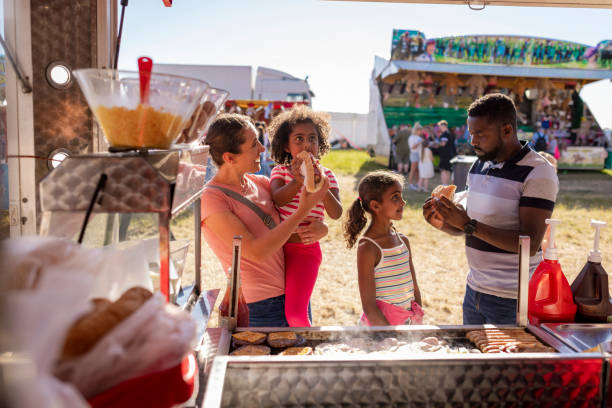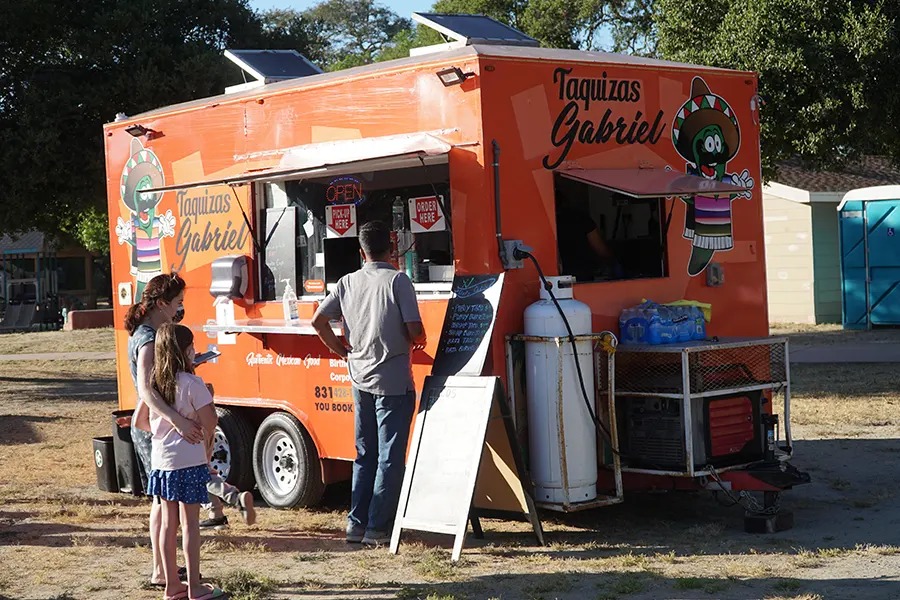음식 트레일러 사업을 시작할 때, 고려해야 할 것이 많습니다. 가장 중요한 측면 중 하나는 음식 트레일러에 적합한 재료를 선택하는 것입니다.. 시공을 위해 선택한 재료는 내구성과 안전에서 식품 트레일러 장비가 얼마나 효율적인지에 이르기까지 모든 영향을 줄 수 있습니다.
이 기사에서는, 우리는 음식 예고편을 구성하는 다양한 재료를 탐색 할 것입니다.. 음식 트레일러를 만드는 방법이 궁금하거나 음식 트레일러에 필요한 장비, 우리는 당신을 덮었습니다!
음식 트레일러 재료 이해
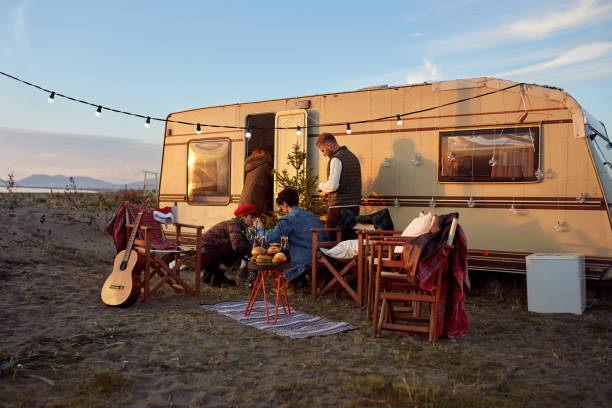
푸드 트레일러 란 무엇입니까??
푸드 트레일러는 바퀴에 모바일 주방입니다, 이동 중에 음식을 준비하고 판매하도록 설계되었습니다. 이 트레일러는 길거리 식품 공급 업체에게 인기가 있습니다, 케이터링 사업, 빠르게 성장하는 식품 서비스 산업을 활용하려는 기업가.
세련된 외관에서 신중하게 설계된 인테리어까지, 식품 트레일러의 모든 측면은 기능적으로 조심스럽게 제작되었습니다., 안전한, 건강 및 안전 규정을 준수합니다.
음식 트레일러에 대한 재료 선택의 중요성
음식 트레일러를 만드는 데 사용되는 재료는 성능의 핵심입니다., 안전, 그리고 장수. 올바른 재료는 음식 트레일러가 매일 사용하는 엄격함을 견딜 수 있도록하는 데 도움이 될 수 있습니다., 위생 표준을 유지합니다, 매력적이고 전문적인 모습을 제공합니다.
재료의 선택은 또한 식품 트레일러 장비의 효율성에 영향을 미칩니다., 오븐과 냉장고에서 싱크대 및 저장 장치까지. 식품 트레일러에 필요한 장비를 알고 기능적 모바일 주방을 만드는 데 필수적입니다..
구조 프레임 워크: 음식 트레일러의 중추
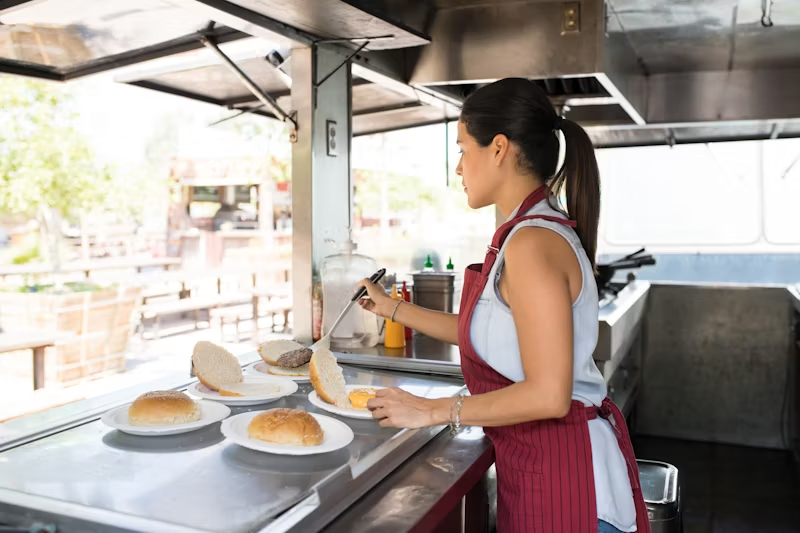
구조 프레임 워크는 음식 예고편의 골격입니다.. 안정성을 제공 할 책임이 있습니다, 힘, 전체 트레일러를 지원합니다. 푸드 트레일러 프레임에 사용되는 가장 일반적인 두 가지 재료는 강철과 알루미늄입니다..
일반적인 프레임 워크 자료: 강철 대. 알류미늄
- 강철: 강철은 강도와 내구성으로 유명합니다, 중장비를 지원 해야하는 푸드 트레일러에 탁월한 선택이됩니다.. 굽힘에 저항력이 있으며 가혹한 조건을 견딜 수 있습니다, 자주 또는 힘든 환경에서 사용될 트레일러에 이상적.
- 알류미늄: 알루미늄은 강철보다 가볍지 만 여전히 큰 힘을 제공합니다.. 녹과 부식에 매우 저항력이 있습니다, 습도가 높거나 해안 지역이있는 지역에서 사용되는 음식 트레일러에 인기있는 선택이됩니다.
알루미늄 프레임은 작업하기가 쉽고 일반적으로 생산 비용이 저렴합니다., 보다 예산 친화적 인 옵션을 찾고있는 음식 트레일러 소유자가 좋아하는.
각 자료의 장단점
강철은 더 많은 체중을 제공하는 용량을 제공합니다, 알루미늄 프레임은 더 가볍습니다, 연료 비용을 줄이고 견인을 더 쉽게 할 수 있습니다. 음식 트레일러 소유자를 위해, 강철과 알루미늄 사이의 선택은 특정 요구에 달려 있습니다.: 대형 장비를 처리 할 수있는 무거운 프레임이 필요한 경우, 강철이 최선의 선택 일 수 있습니다. 하지만, 보다 모바일 및 비용 효율적인 솔루션을 찾고 있다면, 알루미늄이 더 잘 맞을 수 있습니다.
외부 바디: 푸드 트레일러를 다루는 것?
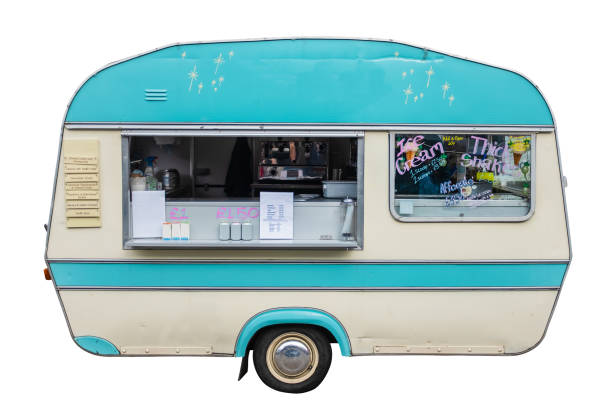
음식 예고편의 외관은 내구성에 큰 역할을합니다., 모습, 그리고 요소에 대한 저항. 음식 트레일러의 외부 껍질에 일반적으로 사용되는 몇 가지 재료가 있습니다., 각각 고유 한 혜택을 제공합니다.
스테인레스 스틸 대. 알루미늄 대. 유리 섬유
- 스테인레스 스틸: 부식성과 세련된 외관으로 유명합니다, 스테인레스 스틸은 식품 트레일러 외관에게 가장 좋아합니다. 내구성이 있습니다, 청소하기 쉽습니다, 트레일러에게 세련되게 제공합니다, 전문적인 모습. 하지만, 스테인레스 스틸은 다른 재료보다 무겁고 비쌀 수 있습니다..
- 알류미늄: 알루미늄은 가벼운 특성으로 인해 인기있는 또 다른 선택입니다., 녹 저항, 비용 효율성. 처리하고 설치하기 쉽습니다, 모든 크기의 음식 트레일러를위한 훌륭한 재료로 만들기. 스테인레스 스틸과 같은 미적 매력을 가지고 있지 않을 수도 있습니다., 여전히 깨끗한 것을 제공합니다, 현대적인 모습.
- 유리 섬유: 유리 섬유는 가볍습니다, 충격에 저항합니다, 고도로 사용자 정의 할 수 있습니다. 다양한 모양으로 성형 할 수 있습니다, 더 많은 디자인 유연성을 제공합니다. 하지만, 유리 섬유는 제대로 유지되지 않으면 시간이 지남에 따라 균열이 발생할 수 있습니다., 특히 극한 온도 또는 사용이 많은 지역에서.
내구성과 미적 매력
외부 재료의 선택은 내구성과 미학 사이의 원하는 균형에 달려 있습니다.. 스테인레스 스틸은 고급 모양으로 내구성을 제공합니다, 알루미늄은보다 실용적이고 비용 효율적인 솔루션을 제공합니다. 유리 섬유, 반면에, 설계 및 무게 측면에서 가장 유연성을 제공하지만 신중한 유지 보수가 필요합니다..
바닥재: 안전 및 위생 보장
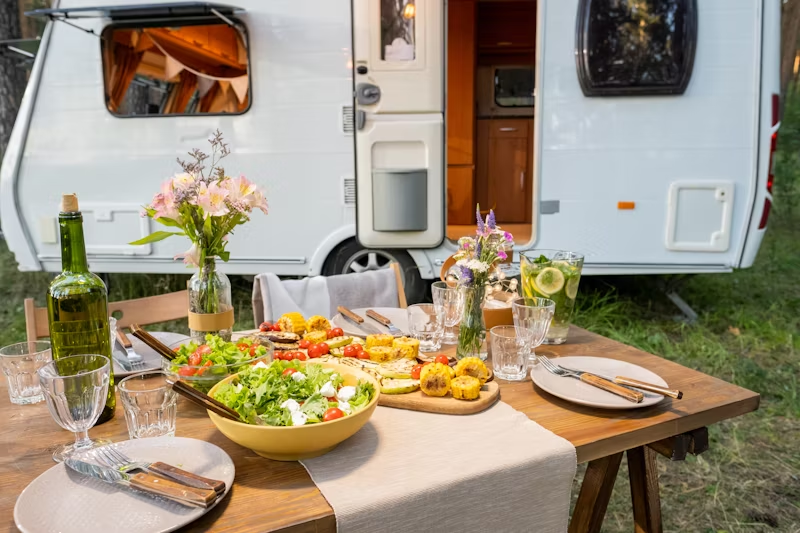
푸드 트레일러의 바닥은 내구성이 있어야합니다., 비 슬립, 청소하기 쉽습니다. 바닥이 끊임없는 발 트래픽과 중장비의 움직임을 견딜 수 있기 때문에 특히 중요합니다..
다이아몬드 플레이트 알루미늄 바닥
다이아몬드 플레이트 알루미늄은 음식 트레일러 바닥재에 인기있는 선택입니다.. 표면이 올라가는 것은 슬립 마감 처리를 제공합니다, 유출이 흔한 주방 환경에 이상적. 또한, 알루미늄은 청소하기 쉽고 녹에 대한 내성입니다.
비닐 코팅이있는 합판
또 다른 옵션은 비닐 코팅이있는 합판입니다. 이것은 매끄럽게 제공합니다, 닦을 수있는 비 다공성 표면. 다이아몬드 플레이트 알루미늄만큼 내구성이 아닐 수도 있습니다., 더 비용 효율적이며 여전히 좋은 수준의 안전과 위생을 제공합니다..
에폭시 및 기타 비 슬립 표면
에폭시 코팅은 종종 합판이나 콘크리트 바닥에 적용되어 매끄럽게 만듭니다., 딱딱한, 슬립 표면. 이 유형의 바닥재는 얼룩에 강하고 유지하기가 쉽습니다., 깨끗함이 최우선 과제 인 푸드 트레일러에 탁월한 선택이됩니다..
지붕 재료: 날씨에 대한 보호
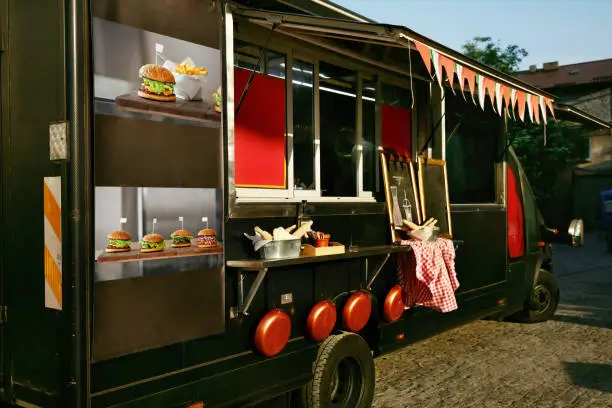
음식 트레일러의 지붕은 요소로부터 보호해야합니다., 특히 가혹한 기상 조건이있는 지역에서 작동 할 계획이라면.
싱글 피스 알루미늄 지붕
단일 피스 알루미늄 지붕은 완벽한 것을 제공합니다, 음식 트레일러를위한 내구성 솔루션. 알루미늄은 가볍습니다, 녹에 저항합니다, 폭우 나 눈을 견딜 수 있습니다. 유지 관리 및 수리도 쉽습니다, 푸드 트레일러의 지붕 자료에 탁월한 선택을.
유리 섬유 및 기타 날씨 저항성 재료
유리 섬유는 날씨로부터 탁월한 보호를 제공하는 또 다른 일반적인 지붕 재료입니다.. 가볍습니다, 요소에 저항합니다, 다양한 모양으로 성형 될 수 있습니다. 기타 기상 저항 재료, 고무 코팅과 같은, 또한 음식 트레일러가 태양으로부터 보호되도록하기 위해 적용 할 수 있습니다., 비, 그리고 눈.
벽과 단열: 온도 제어 & 능률
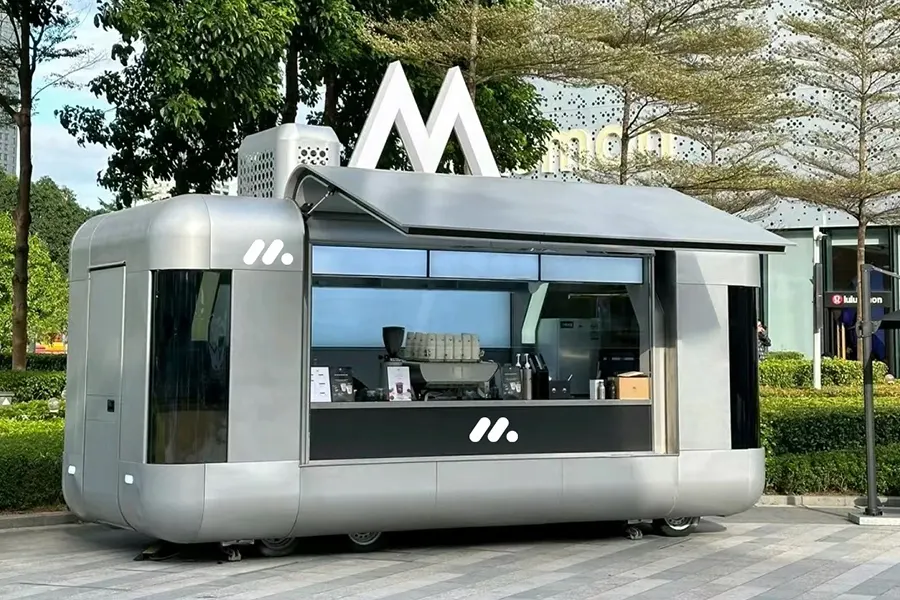
식품 트레일러가 에너지 효율적이고 편안한 일을하기 위해, 단열재가 핵심입니다. 트레일러의 벽은 온도 제어와 구조적 무결성을 모두 제공해야합니다..
이중 벽 알루미늄 패널
이중 벽 알루미늄 패널은 종종 내구성과 단열재를 모두 제공하기 때문에 식품 트레일러 벽에 사용됩니다.. 두 벽 사이의 간격은 내부 온도를 조절하는 데 도움이되는 단열 장벽을 제공합니다., 일관된 작업 환경을 쉽게 유지할 수 있습니다.
유리 섬유 강화 플라스틱 (FRP)
유리 섬유 강화 플라스틱 (FRP) 푸드 트레일러 벽의 또 다른 인기있는 자료입니다. 가볍습니다, 강한, 청소하기 쉽습니다. FRP는 또한 훌륭한 절연체입니다, 트레일러 내부의 온도 제어를 유지하는 데 도움이됩니다.
열 보유를위한 절연 옵션
폼 보드 또는 스프레이 폼과 같은 절연 재료는 벽에 첨가되어 열 보유 및 에너지 효율을 향상시킬 수 있습니다.. 트레일러가 차가운 기후에서 작동하거나 식품 저장 및 준비를위한 특정 온도 범위를 유지 해야하는 경우 특히 중요합니다..
창문 및 서빙 카운터: 유리, 아크릴, 또는 폴리 카보네이트?
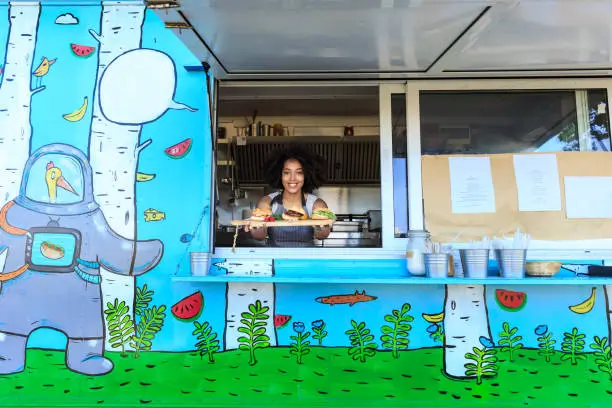
창 및 서빙 카운터에 사용되는 자료는 가시성의 균형을 맞추어야합니다., 내구성, 유지 보수의 용이성.
다른 창 재료의 장단점
- 유리: Glass Windows는 명확한 가시성과 고급 모양을 제공합니다. 하지만, 그들은 무겁고 깨지기 쉬울 수 있습니다.
- 아크릴: 아크릴 창은 유리보다 가볍고 충격에 강합니다. 그들은 또한 산산이 부서지기 쉽습니다, 음식 트레일러에 이상적입니다.
- 폴리 카보네이트: 폴리 카보네이트. 충격이 큰 영향을 미치거나 추가 보호가 필요한 지역에서 종종 사용됩니다..
내구성을 위해 해치 재료를 제공합니다
서빙 해치, 또는 카운터, 청소하기 쉽고 내구성이 뛰어난 재료로 만들어야합니다.. 스테인레스 스틸 또는 알루미늄이 일반적인 선택입니다, 장수와 미적 매력을 모두 제공합니다.
배관 시스템: 물 공급 및 배수 재료
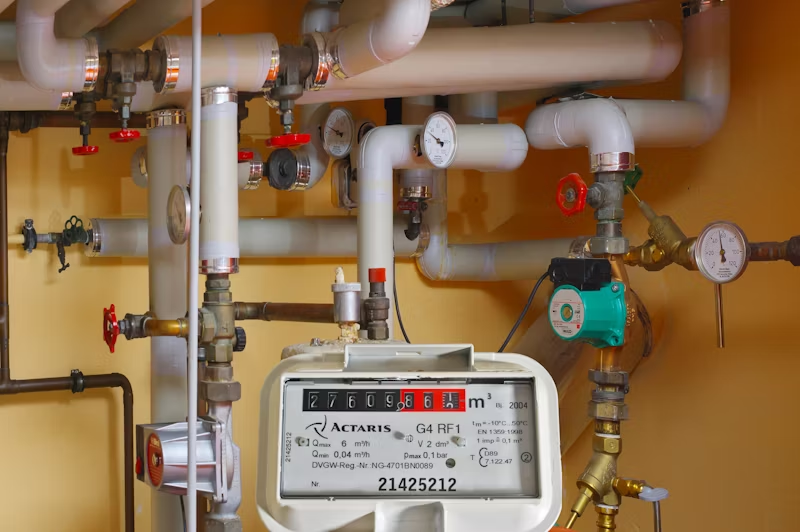
배관은 모든 음식 트레일러의 중요한 구성 요소입니다, 식품 트레일러 장비에 신뢰할 수있는 급수 및 배수 시스템이 있는지 확인.
스테인레스 스틸 싱크
스테인레스 스틸 싱크는 내구성으로 인해 푸드 트레일러에 일반적으로 사용됩니다., 청소의 용이성, 부식에 대한 저항. 그들은 또한 열에 저항력이 뛰어납니다, 뜨거운 물이나 음식 준비에 이상적.
PVC 파이프 및 그 이점
PVC 파이프는 일반적으로 식품 트레일러의 배수 및 물 공급 시스템에 사용됩니다.. 비용 효율적입니다, 가벼운 중량, 그리고 부식에 저항합니다. 또한 설치 및 유지 보수가 쉽습니다, 음식 트레일러 배관 시스템에 인기있는 선택.
전기 시스템: 배선 및 안전 고려 사항
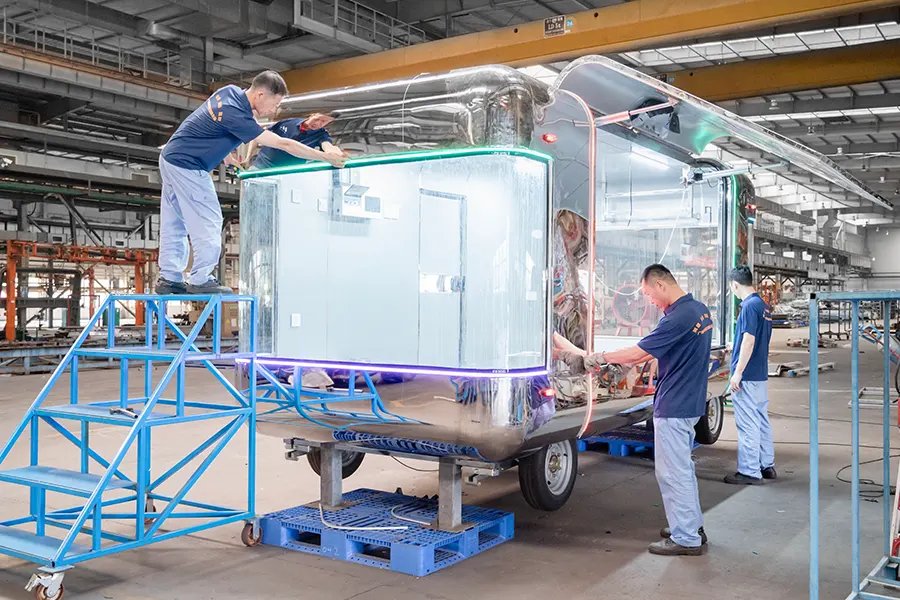
식품 트레일러는 다양한 전기 시스템에 의존합니다, 조명 및 냉장에서 식품 준비 장비까지. 안전과 효율성을 보장하기 위해 올바른 재료를 선택하는 것이 중요합니다..
구리 배선 대. 알루미늄 배선
구리 배선은 전도도가 향상되고 알루미늄보다 부식성이 적기 때문에 식품 트레일러의 표준입니다.. 하지만, 알루미늄 배선은 가볍고 저렴합니다, 일부 푸드 트레일러 소유자에게 실행 가능한 옵션이 될 수 있습니다..
내화 및 절연 전기 부품
추가 안전, 내화 및 절연 전기 부품을 사용하여 사고를 방지해야합니다.. 이 재료는 모바일 환경에서 전기 시스템이 안전하고 기능적인지 확인하는 데 도움이됩니다..
내부 장비: 스테인레스 스틸 대. 다른 자료

음식 트레일러 내부를위한 재료를 선택할 때, 스테인레스 스틸은 종종 내구성으로 인해 주방 장비에 선호되는 옵션입니다., 청소의 용이성, 부식에 대한 저항.
주방 장비에 스테인레스 스틸이 선호되는 이유
스테인레스 스틸은 얼룩에 내성이 있습니다, 녹, 그리고 열, 주방 카운터를위한 완벽한 재료로 만듭니다, 선반, 그리고 저장 장치. 그것은 또한 매끄럽습니다, 음식 트레일러 인테리어의 전반적인 모양을 향상시키는 전문적인 외관.
예산 친화적 인 옵션을위한 대체 자료
스테인레스 스틸은 고급 식품 트레일러의 이동 재료입니다., 알루미늄 및 플라스틱과 같은 대체 재료는 품질이나 기능을 손상시키지 않고 예산 친화적 인 옵션에 사용할 수 있습니다..
페인트 및 코팅: 수명과 미학을 향상시킵니다

요소로부터 음식 예고편을 보호하고 세련된 외관을 제공합니다., 고품질 페인트 또는 코팅이 필요합니다.
분말 코팅 대. 스프레이 페인트
분말 코팅은 탁월한 내구성과 흠집에 대한 저항성을 제공합니다, 스프레이 페인트는 더 저렴하고 유연한 옵션이지만. 두 선택 모두 음식 트레일러 외관을 보호하고 전문적이고 깨끗하게 보이도록 도와줍니다..
부식 방지 코팅 재료
에폭시 또는 아연 기반 페인트와 같은 부식 방지 코팅은 종종 타사 및 트레일러의 다른 노출 된 부분에 적용되어 녹을 방지하고 수명을 연장합니다..
바퀴와 차축: 올바른 기초를 선택합니다

바퀴와 차축은 음식 트레일러의 기초이며 신뢰할 수있는 견인과 안정성을 보장하기 위해 신중하게 선택해야합니다..
강철 대. 알루미늄 휠
강철 휠은 내구성이 뛰어나고 무거운 하중을 처리 할 수 있습니다., 알루미늄 휠은 더 가볍고 녹에 대한 저항력이 있습니다.. 선택은 트레일러의 장비의 무게와 유형에 따라 다릅니다..
부하 용량을위한 무거운 차축
트레일러의 무게와 내용물을 운반하는 데는 무거운 차축이 필수적입니다.. 그들은 일상적인 운영의 스트레스를 견딜 수 있어야합니다., 대형 장비를 이동하고 무거운 재료를 운반하는 것을 포함합니다.
친환경적이고 지속 가능한 재료 선택
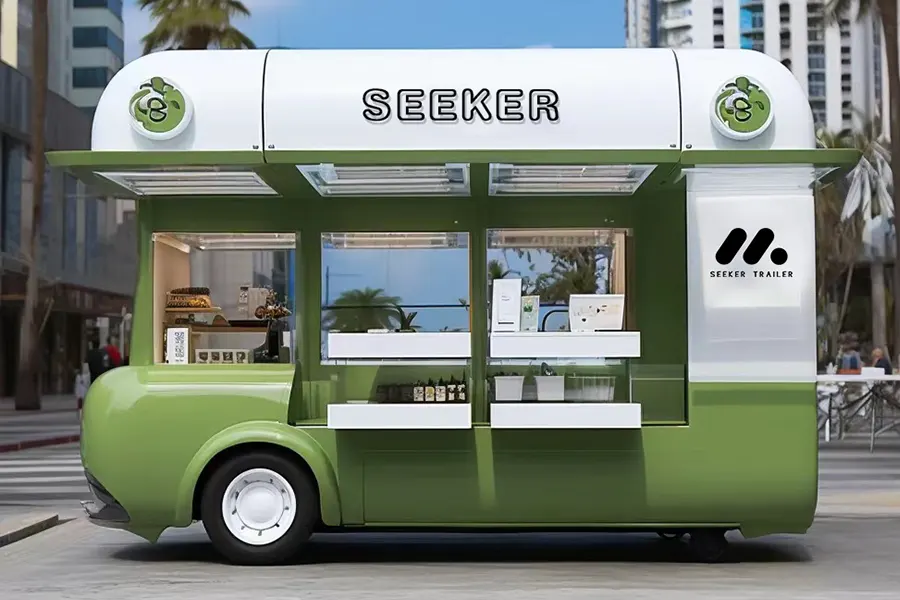
오늘날의 환경 의식 세계에서, 지속 가능한 재료 선택은 많은 음식 트레일러 소유자에게 우선 순위입니다..
재활용 가능한 알루미늄
알루미늄은 재활용 가능한 재료입니다, 음식 트레일러를위한 친환경 옵션입니다.. 알루미늄을 선택함으로써, 내구성을 유지하면서 환경 폐기물을 줄이는 데 기여하고 있습니다.
지속 가능한 바닥재 옵션
재활용 고무 또는 대나무와 같은 지속 가능한 바닥재 옵션.
사용자 정의 브랜딩 재료
음식 트레일러를 돋보이게합니다, 사용자 정의 터치를 추가 할 수 있습니다.
비닐 랩 및 데칼
비닐 랩 및 데칼. 그들은 트레일러의 구조를 영구적으로 변경하지 않고 사용자 정의를 허용합니다..
맞춤형 패널 및 LED 디스플레이
보다 고급 룩을 위해, 사용자 정의 패널 및 LED 디스플레이를 추가하여 브랜드를 선보이고 고객을 유치 할 수 있습니다.. 이 자료는 독특하고 관심을 끄는 음식 트레일러를 만들 수 있습니다..
음식 트레일러에 적합한 재료를 선택합니다
푸드 트레일러를 만들거나 복장 할 때, 트레일러의 내구성을 보장하는 데 올바른 재료를 선택하는 것이 중요합니다., 안전, 그리고 기능. 최고의 푸드 트레일러는 비용의 적절한 균형을 제공하는 재료의 혼합을 결합합니다., 성능, 그리고 미적 매력.
구조 프레임 워크에 집중하든, 외부 바디, 바닥, 또는 내부 장비, 모든 선택은 음식 트레일러의 성능과 비즈니스의 성공에 영향을 미칩니다..
특정 요구에 맞는 재료를 신중하게 선택함으로써, 당신은 앞으로 몇 년 동안 당신에게 도움이 될 음식 예고편을 만들기 위해 잘 될 것입니다., 최소 유지 보수 및 최대 효율로. 당신은 공장으로 가서 볼 수 있습니다 식품 트레일러 제조 공정 자료를 선택하는 데 도움이됩니다.
자주 묻는 질문
음식 트레일러에 필요한 장비?
음식 트레일러를위한 필수 장비에는 요리기구가 포함됩니다 (그릴, 프라이어, 오븐), 냉장 장치, 손 씻기와 식기 세척을위한 싱크, 물 공급 및 배수 시스템, 전기 배선, 그리고 고객 상호 작용을위한 서빙 카운터.
음식 트레일러 외부에 가장 적합한 재료?
음식 트레일러의 일반적인 외부 재료에는 스테인레스 스틸이 포함됩니다, 알류미늄, 유리 섬유. 각각은 내구성을 제공합니다, 미적 매력, 거친 기상 조건으로부터 보호, 스테인레스 스틸은 부식과 청소 용이성에 대한 저항으로 인기가 있습니다..
음식 트레일러 용 바닥재를 어떻게 선택합니까??
바닥재는 안전과 위생의 우선 순위를 정해야합니다. 일반적인 선택에는 다이아몬드 플레이트 알루미늄이 포함됩니다, 내구성이 뛰어나고 미끄럼 방지됩니다, 쉬운 세척을 위해 비닐 코팅이있는 합판, 비 슬립 표면에 대한 에폭시 코팅.
음식 트레일러 벽에 대해 어떤 단열재 옵션을 고려해야하는지?
이중 벽 알루미늄 패널 및 유리 섬유 강화 플라스틱 (FRP) 식품 트레일러에서 온도 제어를 유지하는 데 사용되는 일반적인 단열재입니다.. 이 재료는 필요에 따라 열이나 차가움을 유지함으로써 식품 안전을 보장하는 데 도움이됩니다..
스테인레스 스틸이 푸드 트레일러 주방에서 일반적으로 사용되는 이유?
스테인레스 스틸은 내구성 때문에 주방 장비에 선호됩니다., 부식에 대한 저항, 그리고 청소의 용이성. 위생 표준을 충족하며 식품 준비에서 흔히 볼 수있는 고온과 압력을 견딜 수 있습니다..
음식 트레일러를 어떻게 유지 관리합니까??
정기적 인 유지 보수에는 트레일러 프레임의 녹 또는 손상이 있습니다., 청소 요리 장비, 배관 및 전기 시스템 검사, 건강 및 안전 규정을 충족하도록 모든 표면이 소독되도록 보장.

